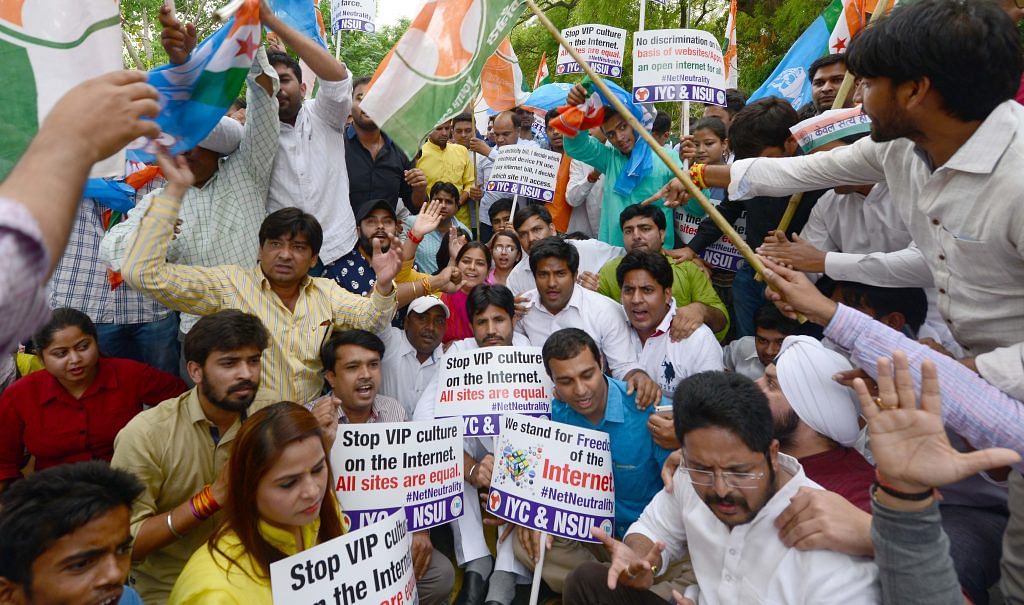Considering the behemoths that Alphabet Inc, Facebook, Netflix, Amazon and Snap Inc are today, it may be imprudent to expect a smooth sail.
The proposal from regulator Federal Communications Commission (FCC), an independent agency of the United States government, to do away with net neutrality may be harder to act upon than anticipated by its chief, Ajit Pai.
Pai, who mooted the proposal Tuesday to do away with the 2015 Obama-era law ensuring equal access on the net highway, has created sharp divisions across the tech industry.
The law, as it stands today, ensures that the Internet Service Providers (ISPs) don’t have any say on any particular website getting preference over others, among other things. However, once this law is repealed, ISPs can charge extra money to provide preferential treatment to websites.
It is easy to guess who is on which side of the debate. While major service providers in the US AT&T, Comcast Corp and Verizon are supporting the move, tech firms which use the internet to operate like Alphabet Inc. (parent company of Google), Facebook, Amazon, Snap Inc. and Netflix are opposing the move on the ground that the new provisions could be used to slow down their services.
The new proposal is likely to be voted on in an FCC meeting on 14 December. So far, Pai remains confident of it sailing through as the five members of FCC who will be voting on the proposal, three are Republicans and two are Democrats.
President Donald Trump has been opposing the Obama-era law since 2014, even before it came in to force.
Considering the behemoths that Alphabet Inc, Facebook, Netflix, Amazon and Snap Inc are today, it may be imprudent to expect a smooth sail.
In fact, the lobbying to dilute the proposals has already begun.
The FCC chairman Pai is defending the move on the ground that it would lead to more investment in the broadband sector and improve the services. Moreover, the proposal contains provisions for ISPs to make compulsory disclosures about the preferential treatment provided to websites, hence making it mandatory for ISPs to disclose which websites were fast routed and which were slowed down.
Pai is also of the view that the proposal would safeguard the ISPs against any kind of price control by the future governments.
